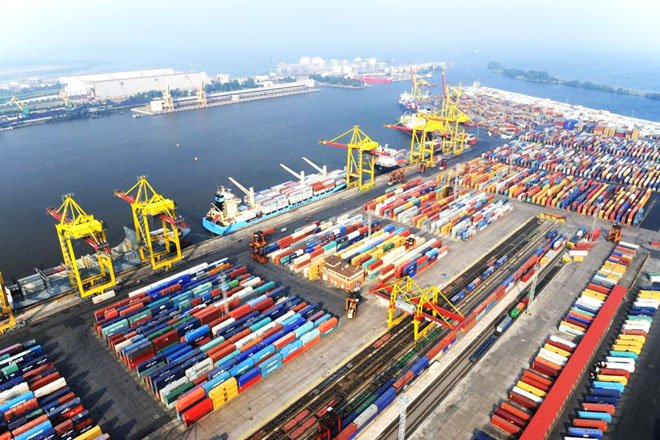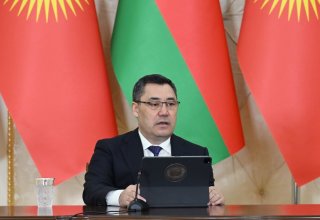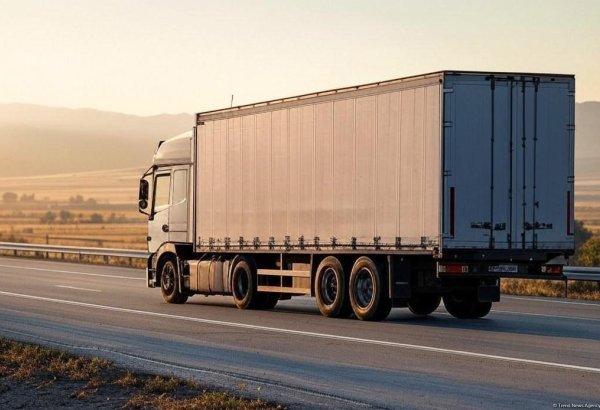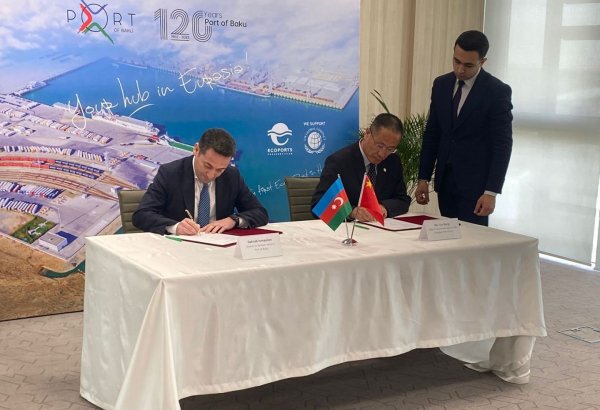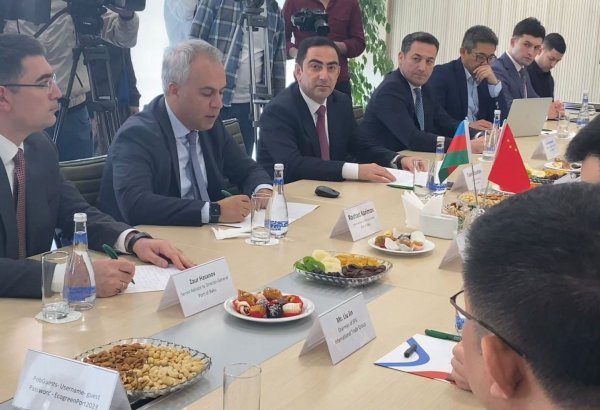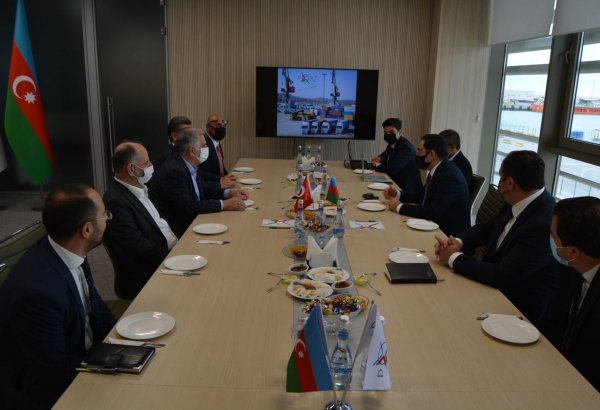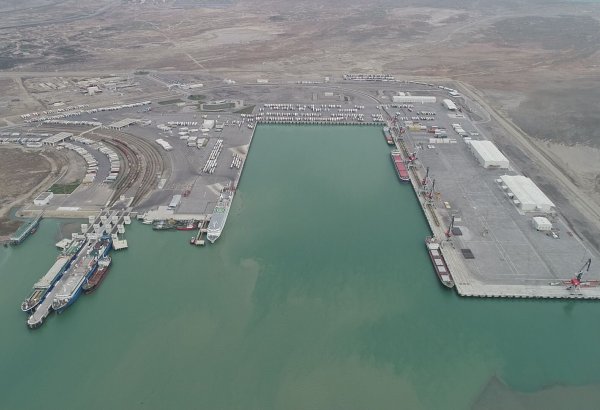BAKU, Azerbaijan, January 23. The port of Baku is a gateway for the transportation of goods from East to West and in the opposite direction. The expansion of infrastructure and capacity of the port creates alternative routes for efficient and fast transportation of goods, both for the countries of the region and from Asia to Europe and vice versa.
The current geopolitics and geo-economics have altered the way global manufacturers and cargo carriers transport goods. Currently, cargo that used to move through the territory of Russia, Ukraine, and some other countries has switched to alternative corridors that also pass through Azerbaijan.
It is expected that cargo transportation will only increase through these corridors.
As many as 6.3 million tons of cargo were transported through the port of Baku in 2022, which is an increase of 14 percent year-on-year. In addition, during the reporting period, 52,276 TEU containers were moved, which is 16 percent more than in 2021.
The increase in the transshipment of wheeled vehicles (TIRs) amounted to 31 percent (over 51,514 trucks). The number of transshipped passenger cars tripled. Moreover, for the first time in the last three years, in 2022, the transshipment of railcars has increased. This growth amounted to 27 percent – up to 38,692 railcars.
At the same time, about 90 percent of the cargo transported through the territory of Azerbaijan is transit cargo.
The port of Baku is an active member of the Trans-Caspian International Transport Route, and is also logistically connected with the Baku-Tbilisi-Kars railway.
In order to ensure the timely transportation of goods and reduce downtime, it is planned to increase the current capacity of the port Baku, as well as its infrastructure capabilities.
Currently, work is already underway on construction of a terminal for the transshipment of mineral fertilizers. The transshipment capacity of the new terminal is going to amount to 2.5 million tons per year.
Kazakhstan, Uzbekistan, and Turkmenistan have big production potential (about 10 million tons per year) and are important exporters of mineral fertilizers. In this regard, Azerbaijan has already reached preliminary agreements - to have these countries transport their goods through Azerbaijan and further to the EU countries.
An important note: one of the short-term plans is to build a grain terminal in order to ensure food security, as well as expand the port's capacity for the transshipment of bulk cargo.
In the medium and long term, it is also planned to build a large container terminal, which will increase the capacity from 100,000 to 500,000 TEU containers. Also, a terminal for loading/ unloading, and further transportation of block trains is planned.
Moreover, multimodal logistics terminals will be built at the port of Baku. Those terminals will serve the implementation of changing transport means, packing/unpacking of goods, and a number of other needs.
Azerbaijan plans to bring an additional 60,000 TIRs to the port of Baku as part of its cooperation with Turkish Albayrak Group. For more efficient transshipment of these vehicles, the construction of a TIR fleet is expected.
Meanwhile, the agreement between the port and the Turkish Albayrak Holding will enhance Azerbaijan's transit potential, Director-General of Baku International Sea Trade Port Taleh Ziyadov said at a signing ceremony of the Memorandum of Understanding (MoU) with Turkish Albayrak Holding on July 15, 2022. Within the framework of the agreement reached, Albayrak will invest in construction and management of the bulk cargo terminal of the Baku port, as well as in the management of the Ro-Ro terminal in order to redirect Turkish wheeled vehicles from Central Asia to Azerbaijan.
Thus, port's capacity is expected to reach 25 million tons per year and 500,000 TEU containers per year.
Azerbaijan continues to invest in transport infrastructure (roads and railways, in particular) and is restoring the historical connection of the region. The development of transport networks will lead to economic growth not only for Azerbaijan, but also for neighboring countries.
The transport network created by Azerbaijan is closely connected with other routes and corridors that have a significant impact on the development of international trade and the creation of a new supply chain.
Within this context, the role of the Zangazur corridor becomes of major importance. With the opening of this corridor, the time of cargo transshipment from China to Europe is going to be reduced to two weeks, new markets for Azerbaijan are going to open, including transit to Africa, and the cost of cargo transportation is expected to decrease as well.








